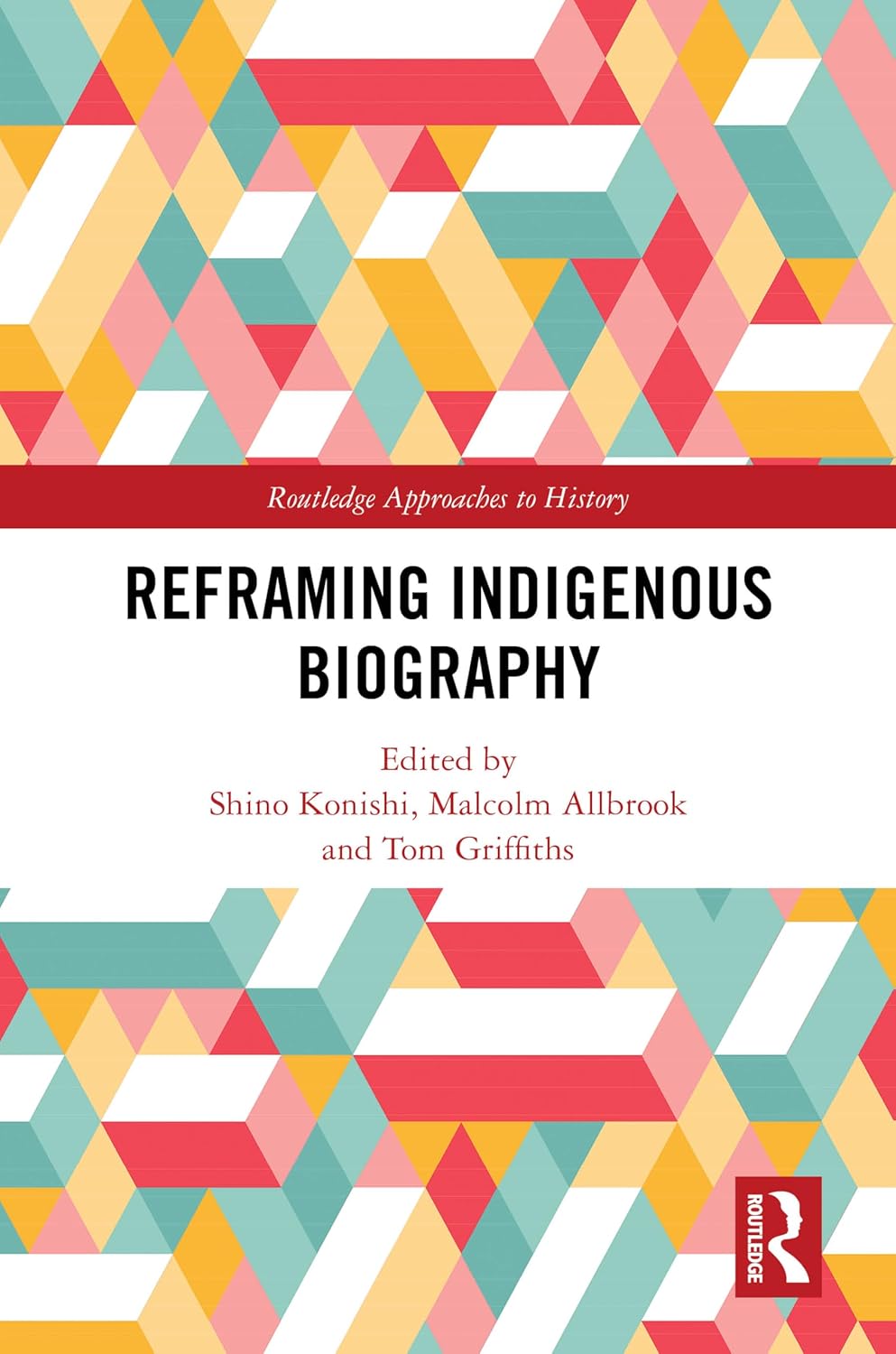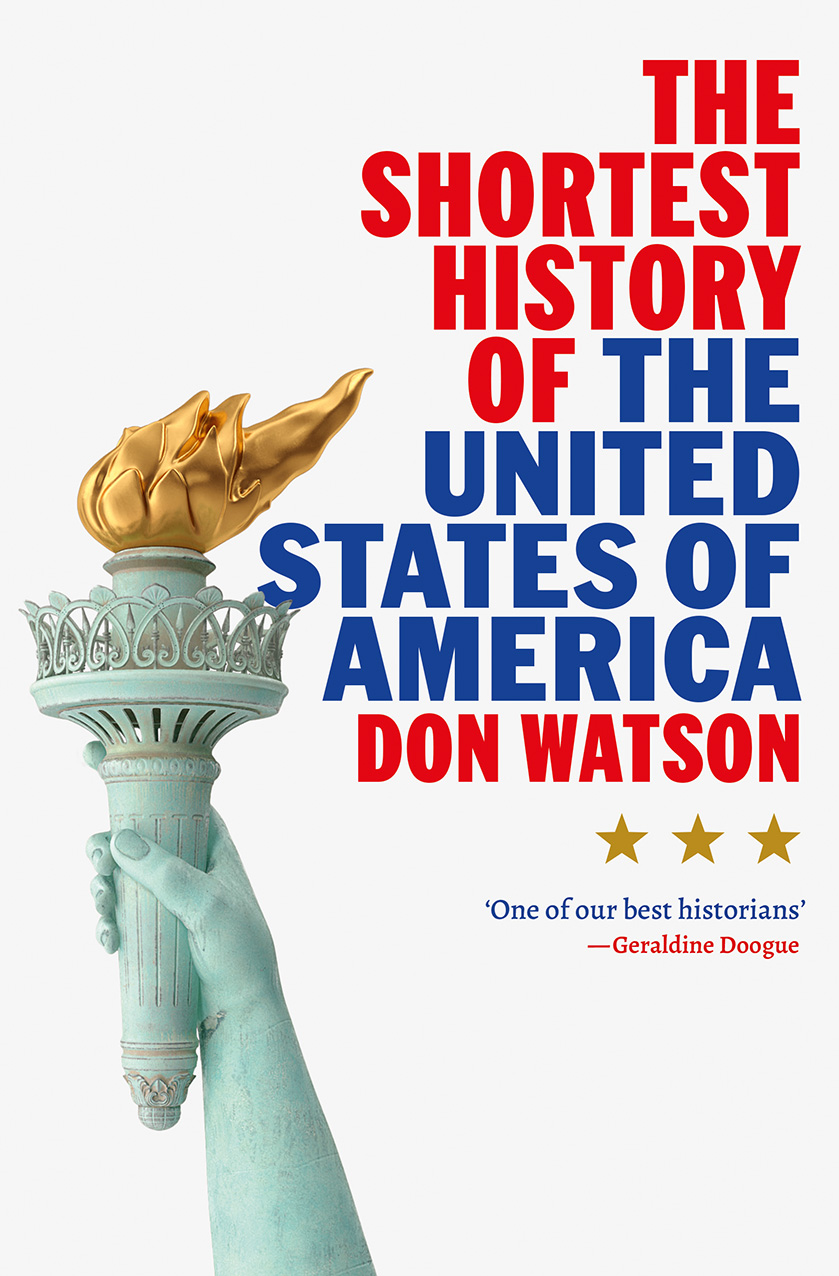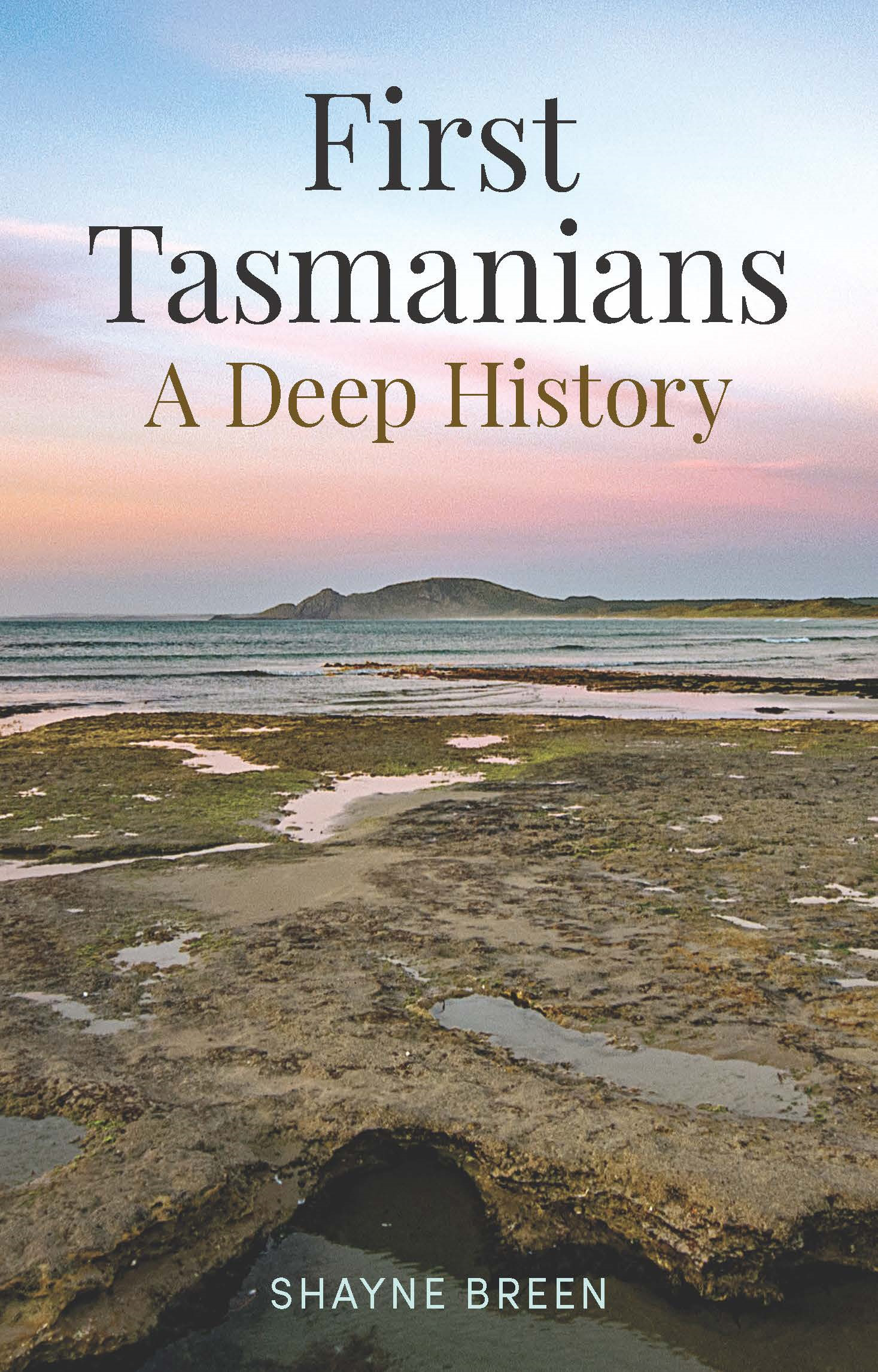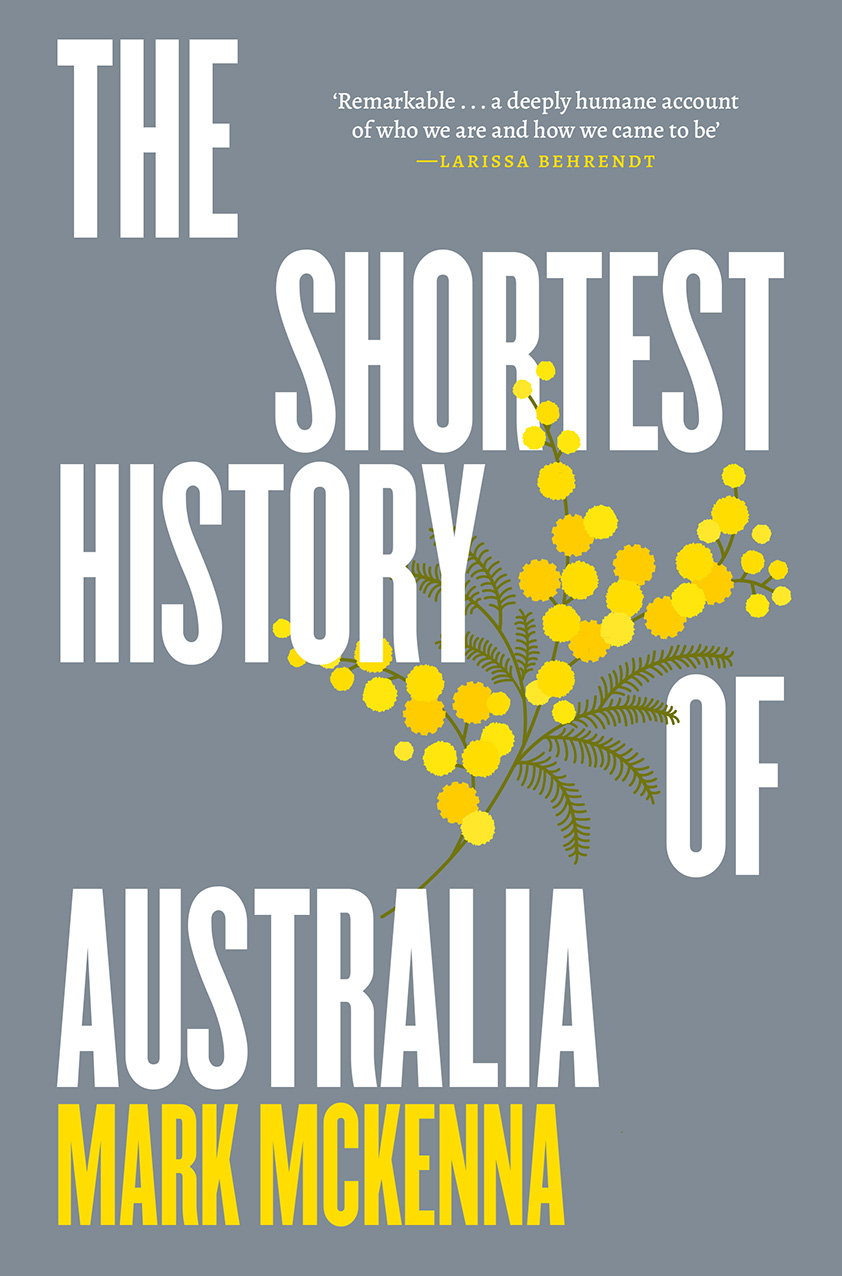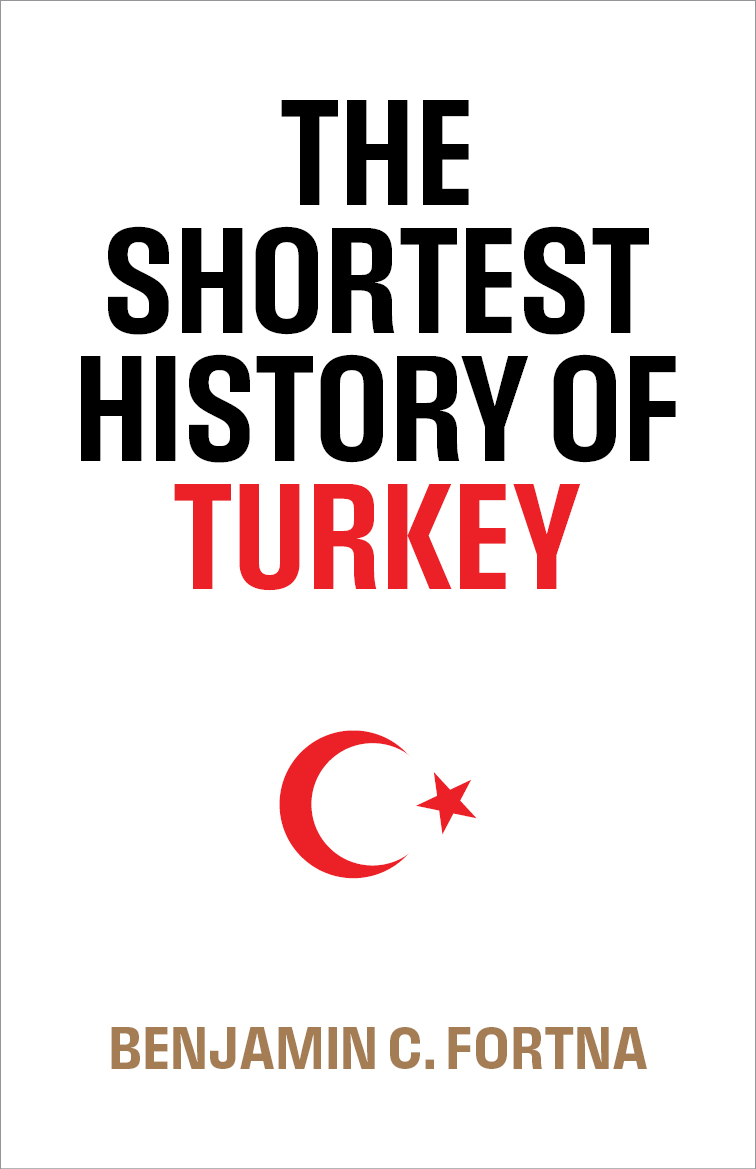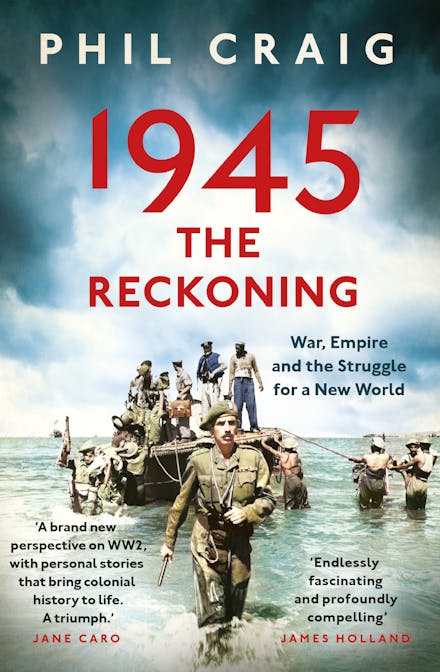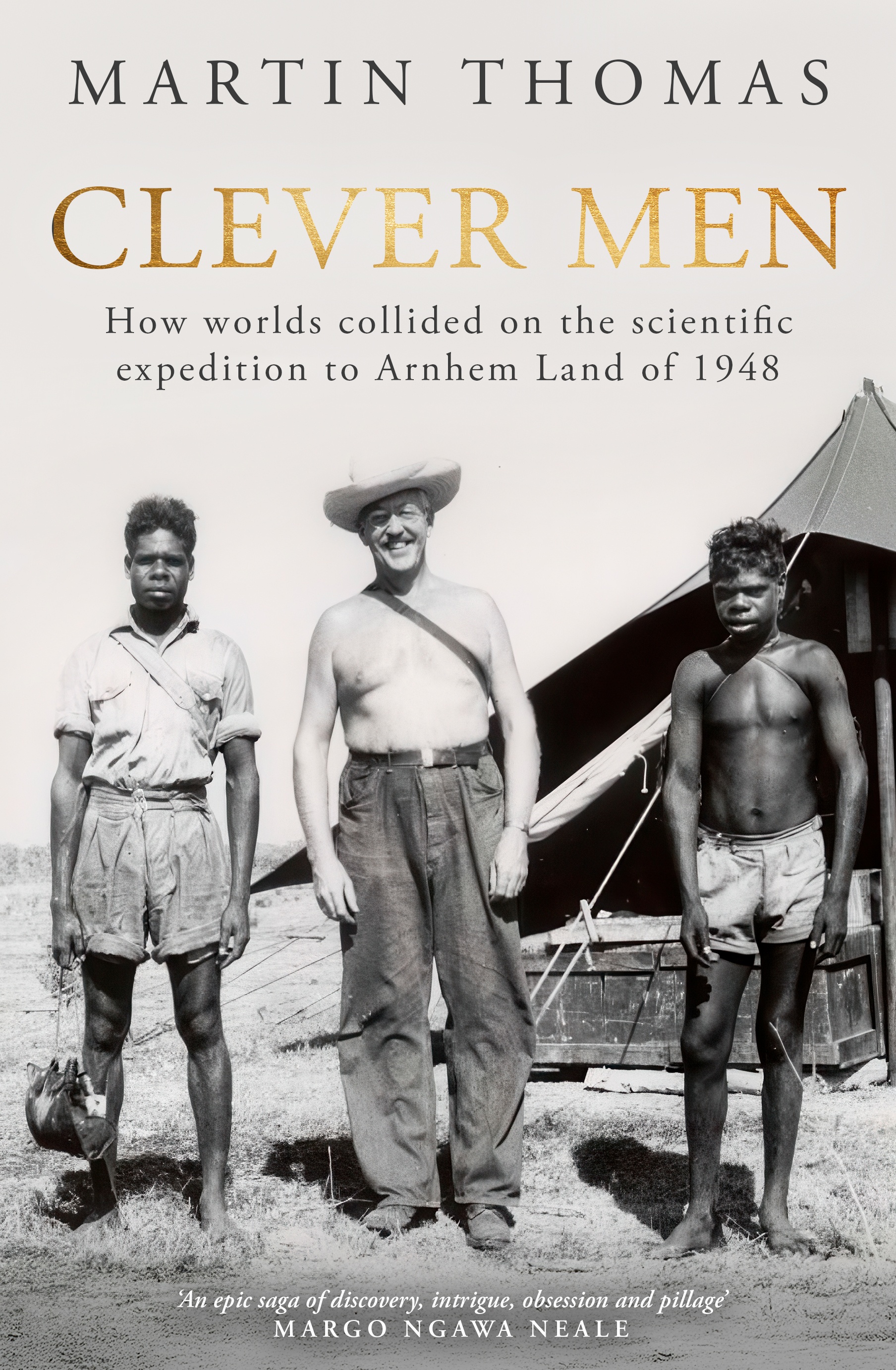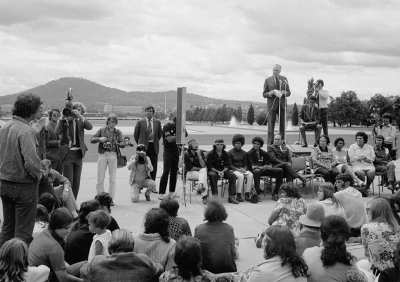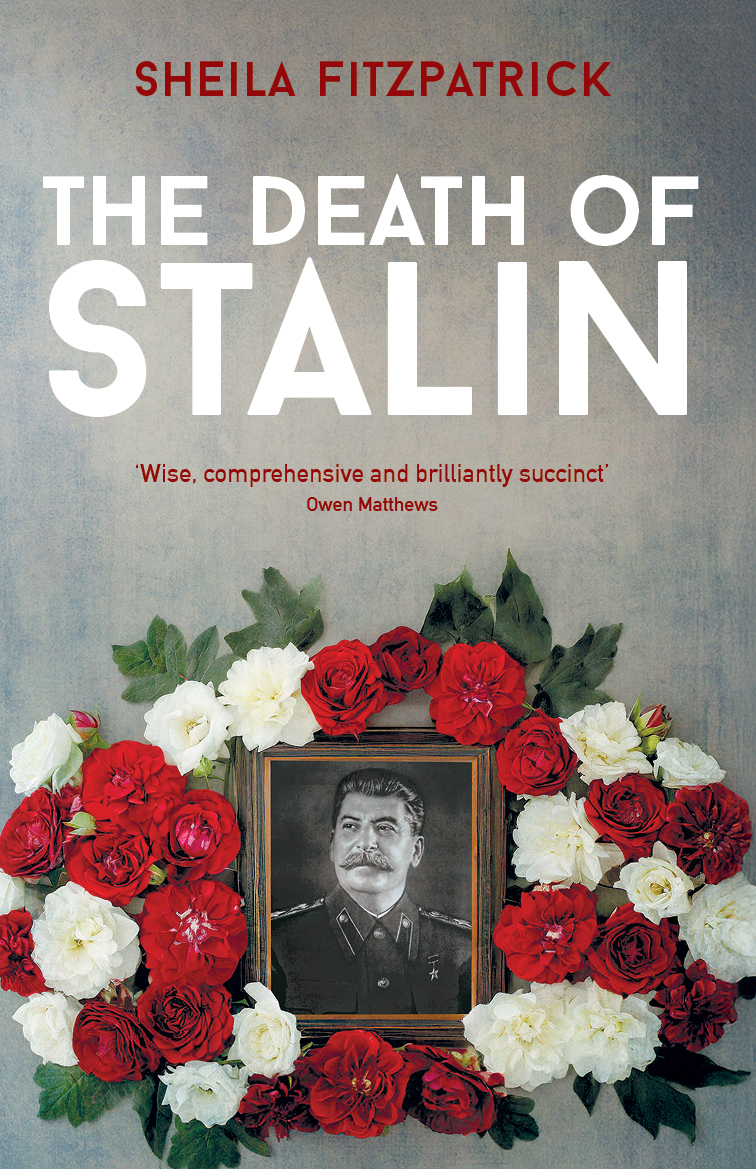History
Reframing Indigenous Biography edited by Shino Konishi, Malcolm Allbrook, and Tom Griffiths & Deep History edited by Ann McGrath and Jackie Huggins
The growth in understanding of the tens of thousands of years of this continent’s pre-colonial and post-colonial Aboriginal history has been one of the great intellectual achievements of postwar Australia. But if these two collections of essays are any guide, there are reasons to be gravely concerned about the future of this field of knowledge.
... (read more)The Shortest History of the United States of America by Don Watson
The latest in Don Watson’s intermittent series of books and essays about the United States – which now spans twenty-five years – finds him in a melancholy mood, though not quite ready to write off America.
... (read more)The genocide of the First Peoples of Tasmania, concentrated within a brief, sixty-year span from 1815-75, was an incalculable tragedy that destroyed a remarkably adaptable and ecologically sustainable group of nations who occupied the island for at least 40,000 years. The rapid destruction of Aboriginal Tasmania in a colonial environment that was rapacious and profoundly racist meant that there was next-to-nothing left that might allow us to understand how they saw themselves, or the nature of their social structures and customs, and the belief systems of their world. This is especially tragic for the descendants who have sought to affirm their Aboriginal identity in the face of the ignorance and self-satisfied indifference of the immigrant society.
... (read more)Mark McKenna’s The Shortest History of Australia is the latest offering in Black Inc.’s Shortest History series (now nearing twenty titles). Combining erudition and expertise with good writing and respect for readers, the books aim to be more than a primer or a simple precis of common knowledge. Rather, the challenge of length imposed by the publisher and heralded in the title is generative for the history told. In both the text and in ensuing publicity, authors explain and justify how they tackled the task.
... (read more)Now, the People!: Revolution in the twenty-first century by Jean-Luc Mélenchon, translated from French by David Broder
Jean-Luc Mélenchon is famous in France for his booming eloquence, his rich vocabulary, and his deep knowledge of history and politics. The firebrand orator was born in 1951 in Tangier, Morocco, to parents of Spanish and Sicilian descent, then moved to France with his mother in 1962. After a degree in philosophy and languages he was a schoolteacher before becoming a political organiser and elected politician, notably from inner-city Marseille.
... (read more)Can a ‘shortest history’ of Turkey, including the expansive history of the Ottoman Empire, work? As well as covering imperial grandeur, it must address complex and sensitive issues such as the Kurdish conflict, the Armenian genocide, Islamism, slavery, and autocracy. Benjamin C. Fortna, a Middle Eastern historian, successfully combines sympathy and interest in Turkey with a candid examination, including of darker aspects of its past.
... (read more)1945: The Reckoning: War, empire and the struggle for a new world by Phil Craig
A wise scholar once advised me against using absolutes in historical writing. The first reason is functional. When you resort to words such as ‘everyone’, ‘everything’, and ‘nobody’, you invite trouble; most of the time you can find an exception. The second reason is more important. The use of such words can betray an approach that packages the messy past too neatly, where there is little room for nuance and even less for uncertainty. Confidence doesn’t necessarily produce the best results.
... (read more)Clever Men: How worlds collided on the scientific expedition to Arnhem Land of 1948 by Martin Thomas
Soon after the conclusion of the 1948 Arnhem Land expedition, its leader, Charles Pearcy Mountford, an ethnologist and filmmaker, was celebrated by the National Geographic Society, a key sponsor of the expedition, along with the Smithsonian Institution in Washington DC and the Commonwealth Department of Information. In presenting Mountford with the Franklin L. Burr Prize and praising his ‘outstanding leadership’, the Society effectively honoured his success in presenting himself as the leader of a team of scientists working together in pursuit of new frontiers of knowledge. But this presentation is best read as theatre. The expedition’s scientific achievements were middling at best and, behind the scenes, the turmoil and disagreement that had characterised the expedition continued to rage.
... (read more)On the steps of Federal Parliament, a scrum assembled. Reporters jostled for position, enraged members of the public shouted over one another, advisers stood with faces drained of composure – even a comedian was caught in the fray. At the centre stood the tall and imposing figure of Prime Minister Gough Whitlam, listening as the governor-general’s official secretary read the proclamation dissolving Parliament. The moment, instantly mythic, would be remembered as ‘the dismissal’ – the most audacious constitutional rupture in Australian history, one that continues to haunt democratic life half a century on.
... (read more)In the quick-scroll world of soundbites and ‘shorts’, academic professionals must pack their expertise into a concise form, writing ever shorter narratives. Sheila Fitzpatrick, an eminent Australian scholar of everything Soviet, delivers in shorthand. Her little book focuses on a single aspect of one person’s life with Joseph Stalin’s death.
... (read more)
